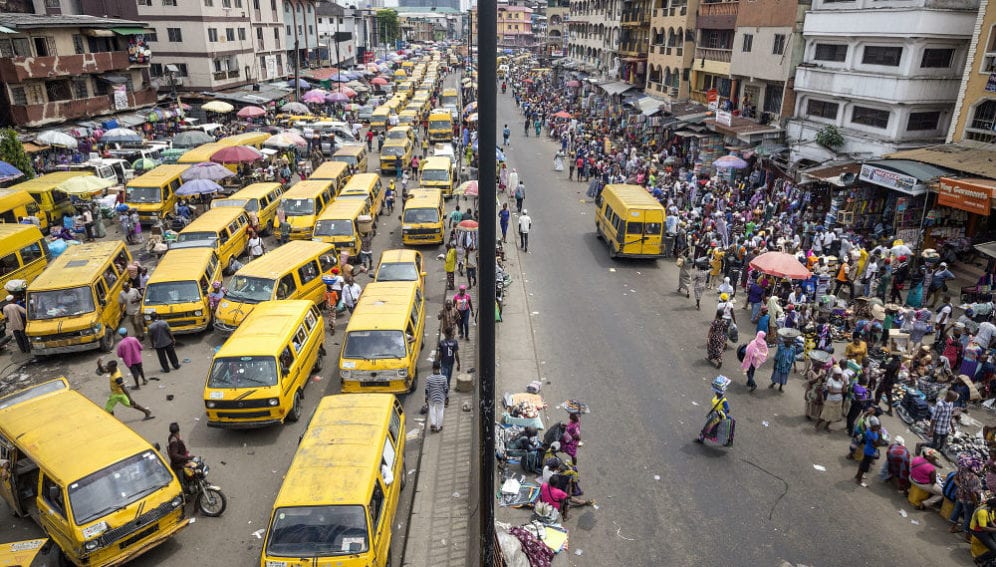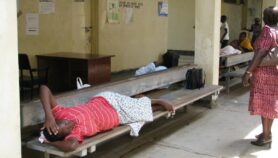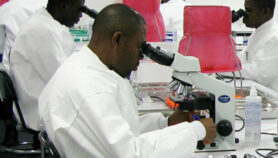By: Gilbert Nakweya
Send to a friend
The details you provide on this page will not be used to send unsolicited email, and will not be sold to a 3rd party. See privacy policy.
[ACCRA] Partnerships involving researchers, policymakers and industry should be promoted to help address challenges facing urbanisation in Africa and foster sustainable cities, a conference has declared.
The conference on sustainable cities, which was held this month (3-6 July) in Ghana and attended by experts mainly from the academic and government institutions, called for people-centred approach in planning and implementing urbanisation agendas in Africa.
According to the conference, doing so will nurture sustainability and help the continent to achieve UN’s Agenda 2030, particularly Sustainable Development Goal 11, which focuses on sustainable cities and communities.
Advancing debates on current challenges and exploring future pathways for sustainable cities in Africa, the delegates at the conference said that most agendas on urbanisation in Africa are developed without capturing the real needs of the people such as jobs and proper housing.
“There’s a need for more research to develop solutions that boost academic progress and address the challenges facing African cities”
Volker Meulen, InterAcademy Panel
Key among the issues that the delegates thought required home-grown solutions include urban ecosystems, housing, urban spatial management, food security, health, disaster preparedness and climate change.
The conference was organised by the Ghana Academy of Arts and Sciences (GAAS) in collaboration with the German National Academy of Sciences (also called Leopoldina), the Network of African Science Academies and the Academy of Science of South Africa.
Funded by the Federal Ministry of Education and Research, Germany, the conference had more than 200 delegates from 14 countries including Canada, Ethiopia, Kenya, Nigeria, Senegal, South Africa, United Kingdom, Zambia and, Zimbabwe.
In a communiqué shared with SciDev.Net on 6 July, the delegates urged investors to strike a balance between making profits and addressing inequalities such as gender and poverty in African cities.
“Mayors and other political and technical actors in charge of running African cities need to be exposed to the opportunities in collaborating and sharing ideas among themselves,” noted the communiqué. “This can include research, experiences and best practices on issues of mutual interest.”
The communiqué also challenged African countries to develop and promote home-grown solutions that can, for example, be used in waste management to prevent diseases and help save money spent on curative healthcare.
“There’s a need for more research to develop solutions that boost academic progress and address the challenges facing African cities such as unemployment,” said Volker Meulen, former president of Leopoldina and co-chair of the InterAcademy Panel, a global network of science academies.
Meulen told SciDev.Net that key institutions with interest in aiding sustainable development need to look at issues affecting African cities holistically.
Daniel Buor, a professor of medical geography at the Kwame Nkrumah University of Science and Technology, Ghana, said that sustainability in African cities should be centred on people and their health.
“We can achieve the goal of sustainable cities if people have access to clean water and sanitation,” said Buor, noting that about 42 per cent of health facilities in Africa lack of access to clean drinking water.
Buor added that water pollution frequently experienced in cities such as Accra, Addis Ababa and Nairobi has led to increased water-borne diseases such as typhoid and cholera.
Aba Andam, president of the GAAS, said that the increasing rate of urbanisation growth in Africa and its associated social, economic and environmental problems present an opportunity for Africa to develop strategic solutions that can accelerate sustainability.Disclaimer: The German Federal Ministry of Education and Research sponsored Gilbert Nakweya to attend the event in Accra, Ghana.
This piece was produced by SciDev.Net’s Sub-Saharan Africa English desk.














